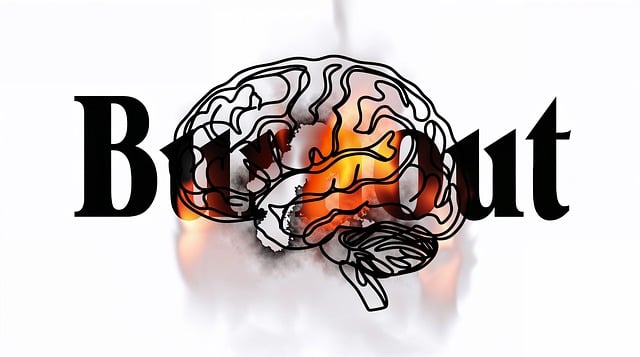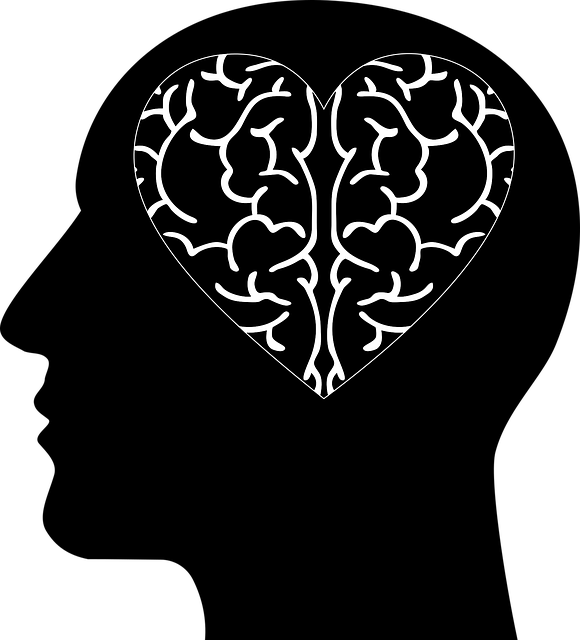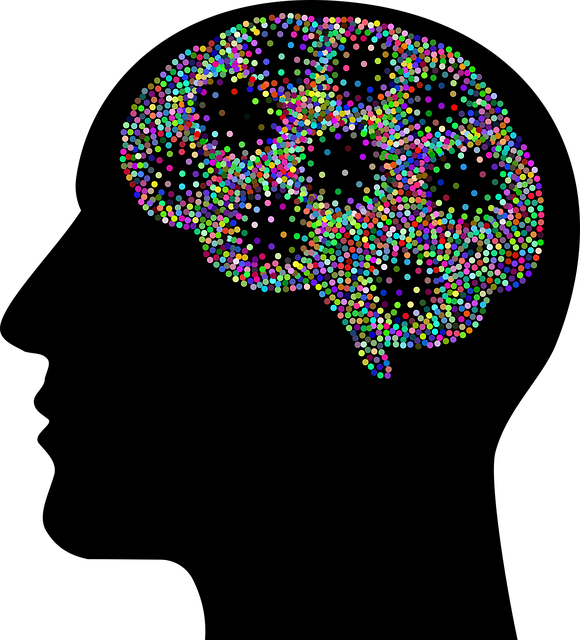Burnout among healthcare providers, especially those caring for complex patients, is a growing concern impacting patient care and provider well-being. Recognizing early signs like increased irritability and changes in sleep patterns is crucial to prevent burnout and depression. Key strategies include promoting self-awareness, mental health awareness, access to therapy (specifically Interpersonal Therapy or IT) for elders, and resources for depression prevention. IT, an evidence-based approach, helps elders address interpersonal relationships and emotional connections, reducing feelings of isolation and enhancing coping mechanisms. Building resilient relationships through tailored therapy for elders within institutional culture fosters supportive communities, leading to enhanced job satisfaction and reduced burnout rates.
In the demanding landscape of healthcare, provider burnout is a pressing issue affecting not just individuals but the entire system. This article explores effective prevention strategies to mitigate this growing concern. We delve into recognizing early signs and symptoms, focusing on the unique challenges faced by elders. Additionally, we highlight interpersonal therapy as a powerful tool and emphasize building resilient relationships to address the critical interpersonal issues prevalent in healthcare settings. By implementing these strategies, we aim to foster a healthier, more supportive environment for both patients and providers.
- Recognizing Burnout in Healthcare Providers: Early Signs and Symptoms
- Interpersonal Therapy as a Strategy to Combat Burnout for Elders
- Building Resilient Relationships: Addressing Interpersonal Issues in Healthcare Settings
Recognizing Burnout in Healthcare Providers: Early Signs and Symptoms

Burnout among healthcare providers is a growing concern, as it can significantly impact patient care and overall well-being. Recognizing the early signs and symptoms is crucial for effective prevention strategies. Often, burnout presents itself in subtle ways, and professionals in the medical field may struggle to identify their own state of mental exhaustion. Common indicators include increased irritability or frustration with patients and colleagues, reduced motivation and energy levels, and feelings of detachment from work. Healthcare providers might also experience changes in sleep patterns, appetite, and overall mood, which can be early warnings of burnout and potential depression.
Interpersonal issues within the workplace are a significant factor contributing to burnout. High-stress environments, long working hours, and complex patient care demands can take a toll on healthcare workers’ emotional resilience. Encouraging self-awareness exercises and promoting mental health awareness among staff can help in early detection of burnout. Additionally, providing resources for depression prevention and access to therapy, especially for elder care professionals, is vital in supporting their well-being and ensuring they can continue offering quality care.
Interpersonal Therapy as a Strategy to Combat Burnout for Elders

Interpersonal Therapy (IT), a evidence-based approach, offers a powerful strategy to combat burnout in elders. By focusing on interpersonal relationships and emotional connections, IT helps individuals explore and resolve underlying interpersonal issues that can contribute to feelings of exhaustion and disconnection. Through open dialogue with therapists, elders can gain insights into their social dynamics, improve communication skills, and develop healthier ways of navigating relationships, all of which are essential for maintaining emotional well-being promotion techniques.
This therapeutic approach encourages participants in mental wellness podcast series production to build meaningful connections, fostering a sense of belongingness and reducing feelings of isolation—common risk factors for burnout. By addressing anxiety relief and interpersonal concerns, IT enables elders to cultivate resilience, enhance their coping mechanisms, and improve overall mental wellness. The personalized nature of IT ensures that each elder receives tailored support to navigate the complexities of their social lives, ultimately contributing to a more balanced and fulfilling existence.
Building Resilient Relationships: Addressing Interpersonal Issues in Healthcare Settings

Building resilient relationships is a critical aspect of preventing burnout among healthcare providers, especially in settings catering to elders. The dynamic nature of care environments can lead to complex interpersonal issues that, if left unaddressed, may negatively impact the well-being of both staff and residents. By fostering strong connections and open communication, these challenges can be mitigated.
Therapy for elders, when incorporated into the institutional culture, teaches valuable mind over matter principles and emotional regulation skills. Encouraging caregivers to prioritize self-care routine development for better mental health is a proactive approach that ensures professionals are equipped to handle demanding situations. Through collective efforts, healthcare settings can transform into supportive communities where interpersonal relationships thrive, leading to enhanced job satisfaction and reduced burnout rates.
Healthcare provider burnout is a growing concern, but by recognizing early signs and implementing effective strategies, we can foster resilience. Interpersonal therapy tailored for elders and focusing on building strong, supportive relationships within healthcare settings are key components in preventing burnout. By addressing interpersonal issues head-on, we not only enhance the well-being of healthcare providers but also improve patient care and create a more fulfilling work environment.












